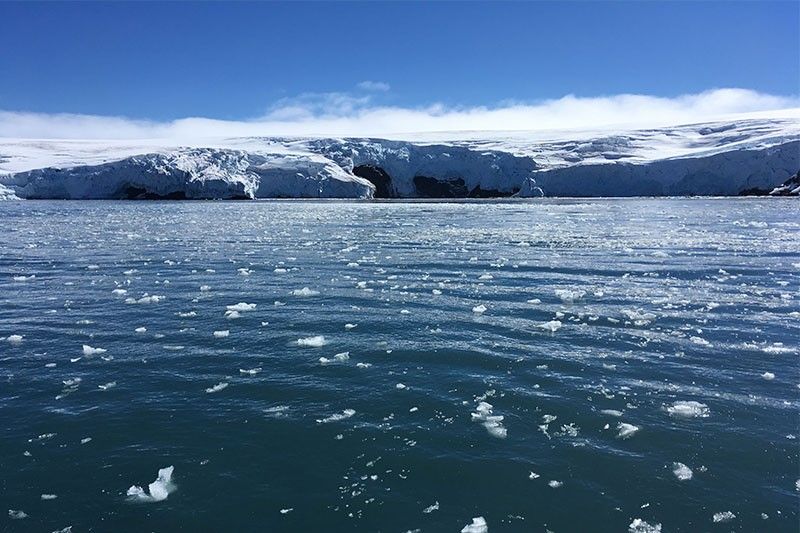Massive iceberg breaks off Antarctica — but it's normal

WASHINGTON, United States —
The iceberg, dubbed D28, broke away from the Amery ice shelf between September 24 and 25, according to observations from European and American satellites.
It measures 1,582 square kilometers (610 square miles), according to the European Copernicus program.
It is about 210 meters (yards) thick and contains 315 billion tonnes of ice, American glaciologist Helen Amanda Fricker said.
The figures are huge, but iceberg production is part of the normal cycle of ice shelves, which
"Ice shelves have to lose mass because they gain mass. They want to stay the same size," said Fricker, a professor at the Scripps Institution of Oceanography at the University of California.
The gain in mass comes from snow falling on the continent and glaciers that
The east of Antarctica
"It's
An iceberg that was three times larger broke off Antarctica two years ago, she said, causing panic
"It's a fine line because we definitely don't want people to think
- Latest
- Trending





























